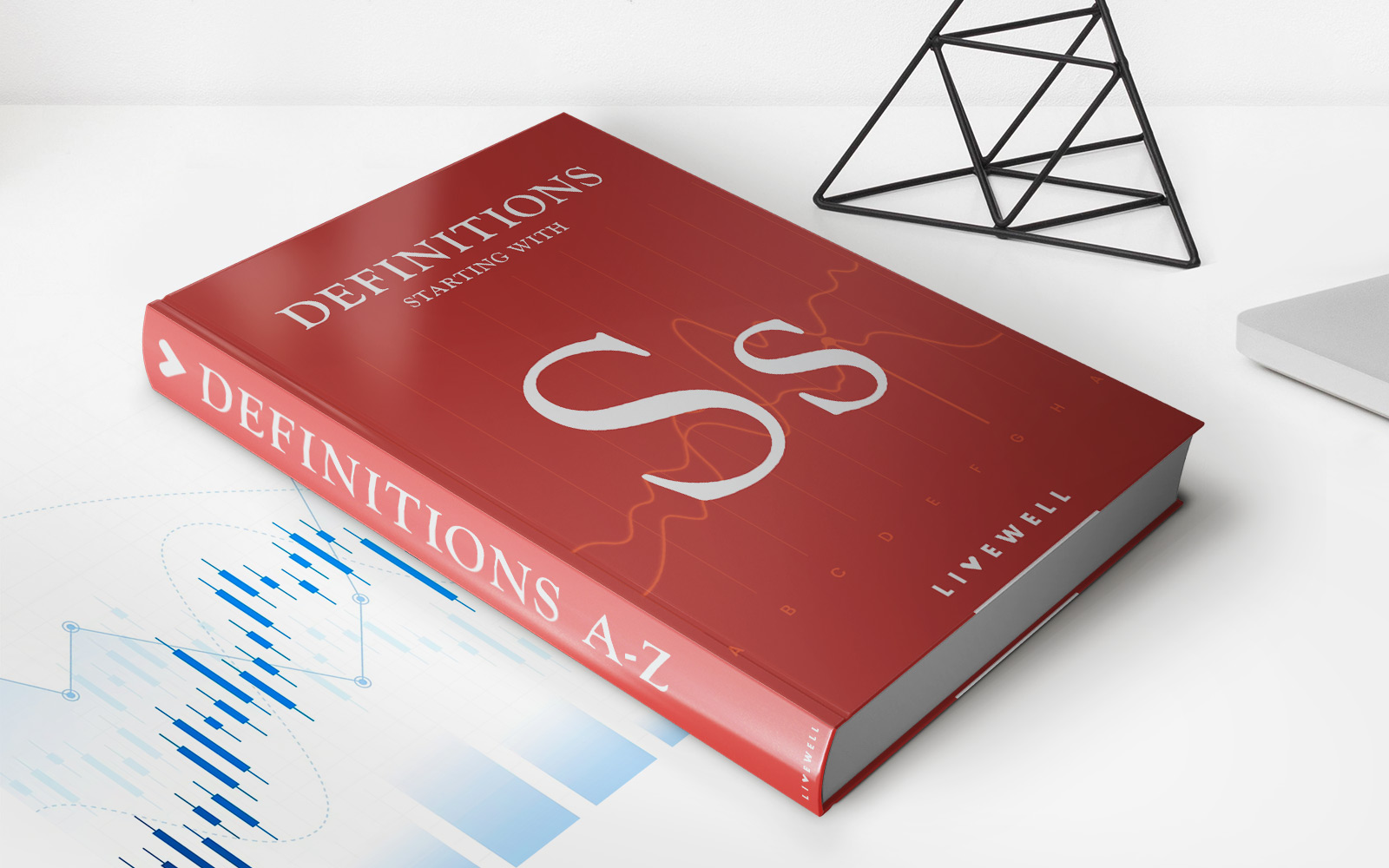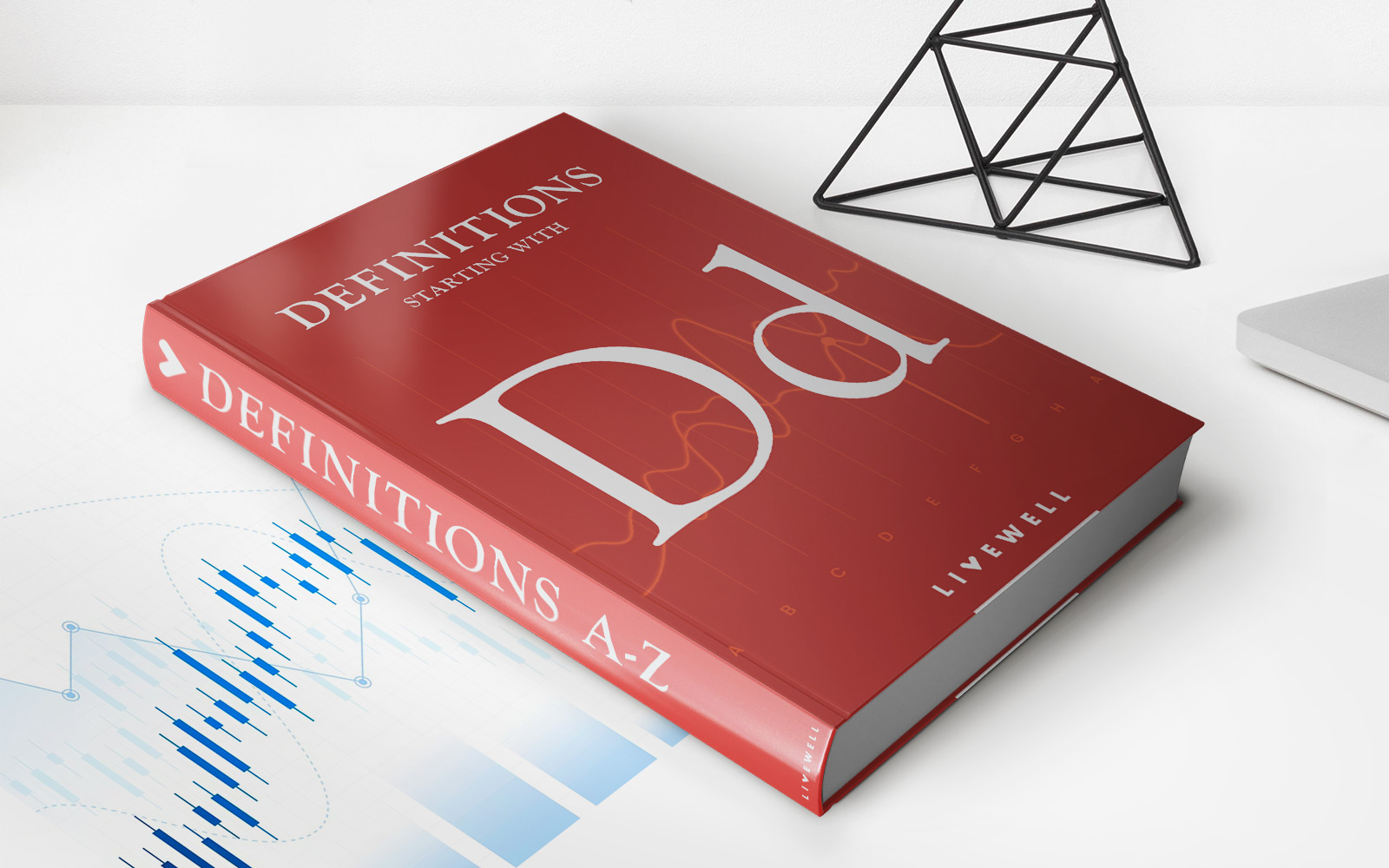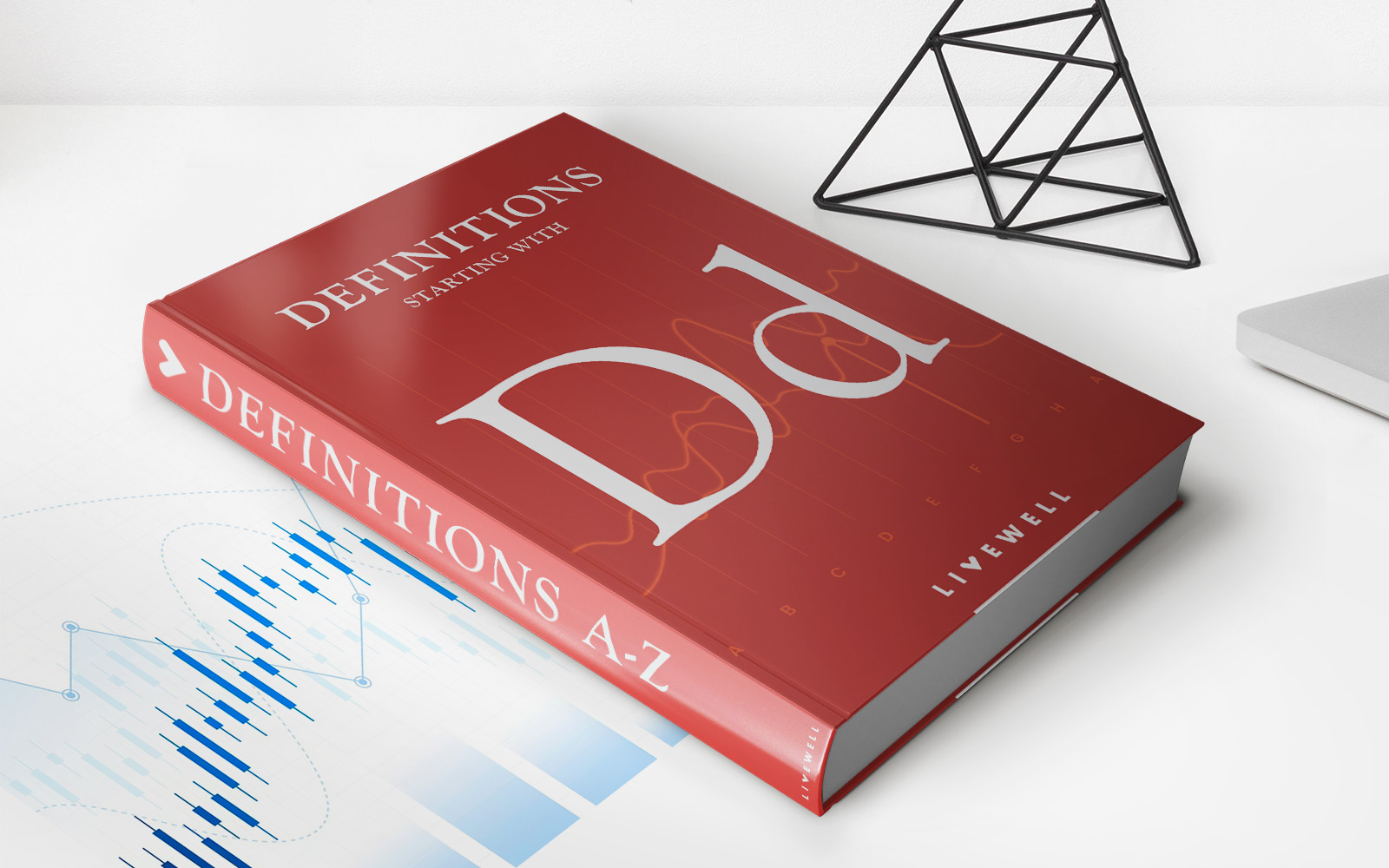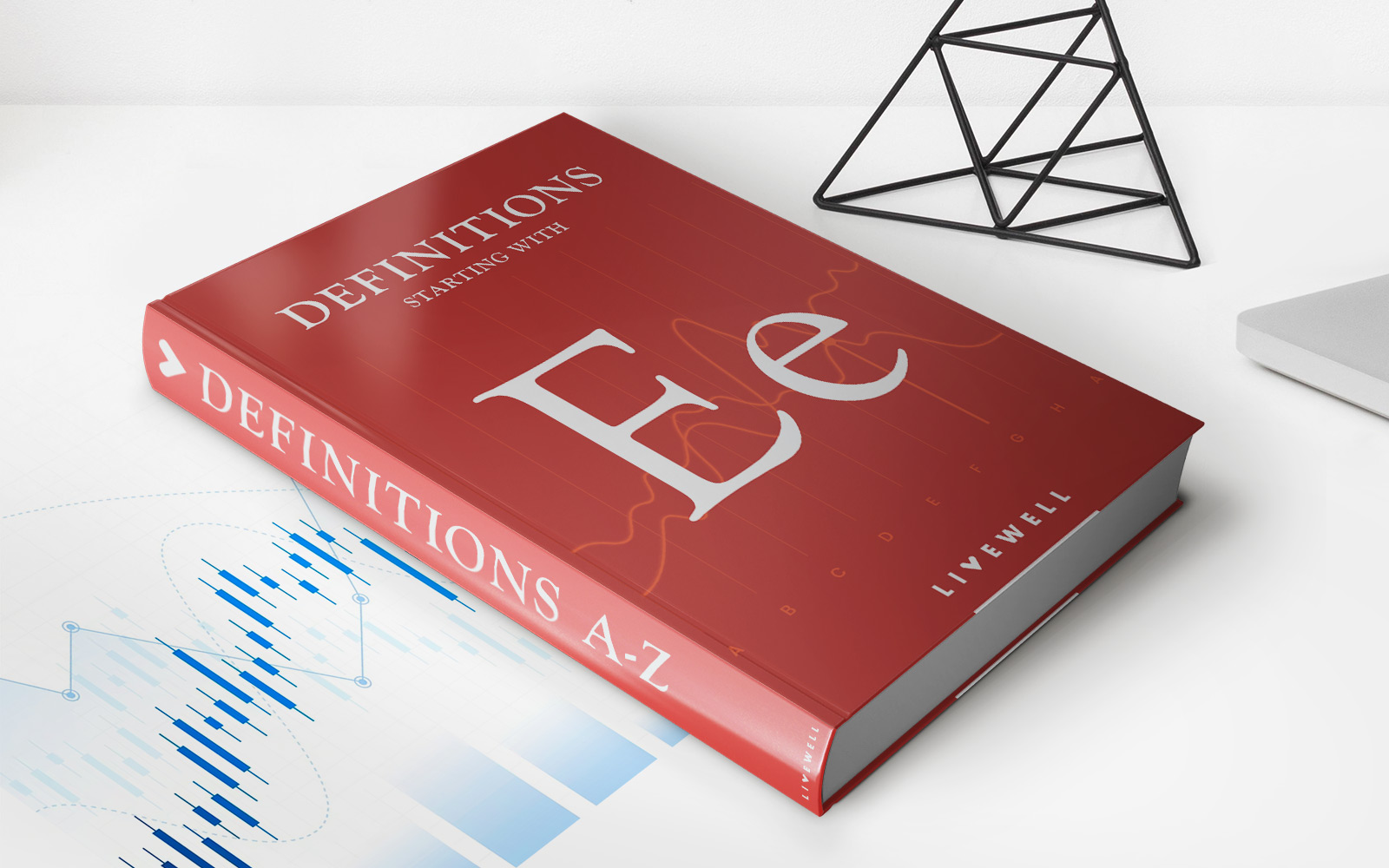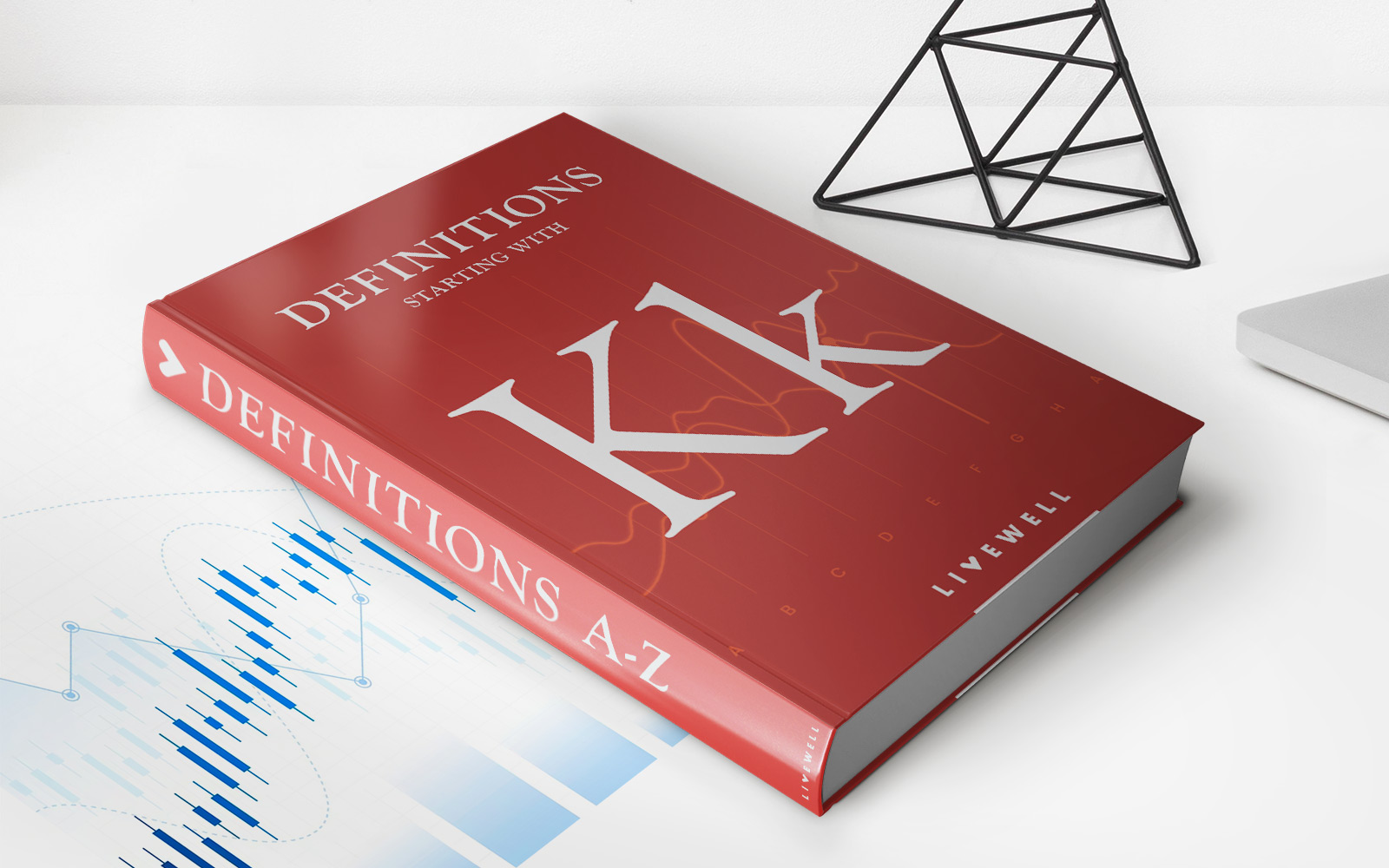

Finance
Unemployment Income Definition
Published: February 13, 2024
Learn the definition of unemployment income in the field of finance and how it affects individuals' financial situations. Discover the impact of unemployment on personal finances and gain insight into managing finances during periods of unemployment.
(Many of the links in this article redirect to a specific reviewed product. Your purchase of these products through affiliate links helps to generate commission for LiveWell, at no extra cost. Learn more)
Understanding Unemployment Income: A Comprehensive Guide
Welcome to our Finance blog, where we aim to demystify complex financial concepts and provide you with valuable insights. In this blog post, we will delve into the topic of unemployment income. If you’ve ever wondered about the definition and implications of unemployment income, you’ve come to the right place. Let’s explore this important topic together.
Key Takeaways:
- Unemployment income refers to the financial support provided to individuals who are out of work and actively seeking employment.
- It is essential to understand the eligibility criteria and the duration for which unemployment benefits can be received.
What is Unemployment Income?
Unemployment income, also known as unemployment benefits, is a form of financial assistance provided to individuals who have lost their jobs and meet specific eligibility requirements. When individuals are laid off, terminated, or unable to find work due to reasons beyond their control, they may be eligible to receive unemployment benefits.
Unemployment income is designed to provide temporary financial relief and support individuals during their job search. It aims to replace a portion of the individual’s lost earnings, helping them meet their immediate financial obligations while they look for new employment opportunities.
Eligibility and Duration of Unemployment Benefits
Eligibility for unemployment benefits varies from country to country and even between different states or regions. Typically, individuals must have been employed for a certain period and have lost their job through no fault of their own. They must also be actively seeking new employment and able to work.
The duration of unemployment benefits also varies. In most cases, there is a maximum number of weeks for which individuals can receive benefits. However, during times of economic downturn or crisis, governments may extend the duration of benefits to help mitigate the impact on individuals and the economy as a whole.
It is crucial to understand that unemployment benefits are subject to certain conditions. In some instances, recipients may need to fulfill specific requirements, such as participating in job training programs or regularly reporting job search activities.
If you find yourself in a situation where you are eligible for unemployment benefits, it’s crucial to understand the rules and regulations that govern their receipt. This will ensure that you receive the full benefits you are entitled to while complying with any necessary reporting and documentation requirements.
Conclusion
Unemployment income, or unemployment benefits, is a vital safety net for individuals who have lost their jobs and are actively seeking employment. Understanding the definition and implications of unemployment income can help you navigate this challenging period and make the most of the financial support available.
If you’re currently unemployed or anticipate the possibility of being laid off, it’s important to research and familiarize yourself with the specific policies and requirements that govern unemployment benefits in your country or region. By doing so, you can ensure that you receive the financial support you need during this transitional phase in your career.



